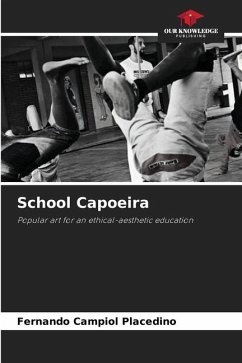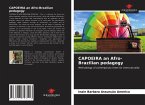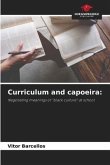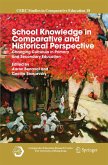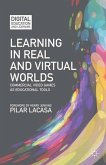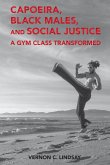Using a pedagogical-philosophical approach, the aim is to understand the meaning(s) of school Capoeira in the Early Years of Primary School, checking for possible contributions to an ethical-aesthetic education. Thus, Capoeira is understood as a Brazilian popular art, which has its own historicity and culturality, as well as its potential as an aesthetic experience. Consisting of multiple strategies, the art-fight finds in the perceptive body, the one that connects in complementarity not only singularities of the Capoeira universe, but sensations that can provoke understanding and manifestation with regard to conceptions and attitudes pertinent to the realisation of universal ethical principles, such as the recognition of plurality and otherness. Drawing on Friedrich Schiller, Hans-Georg Gadamer, Jürgen Habermas, Merleau-Ponty, Muleka Mwewa, Nadja Hermann, Richard Shusterman and Zygmunt Bauman, among others, the book interweaves knowledge, aesthetic perceptions and aspects of morality that help to emphasise the important relationship between education, aesthetics and ethics, which still remains quite out of place in pedagogical discussions in schools. All of this without losing its flair.

